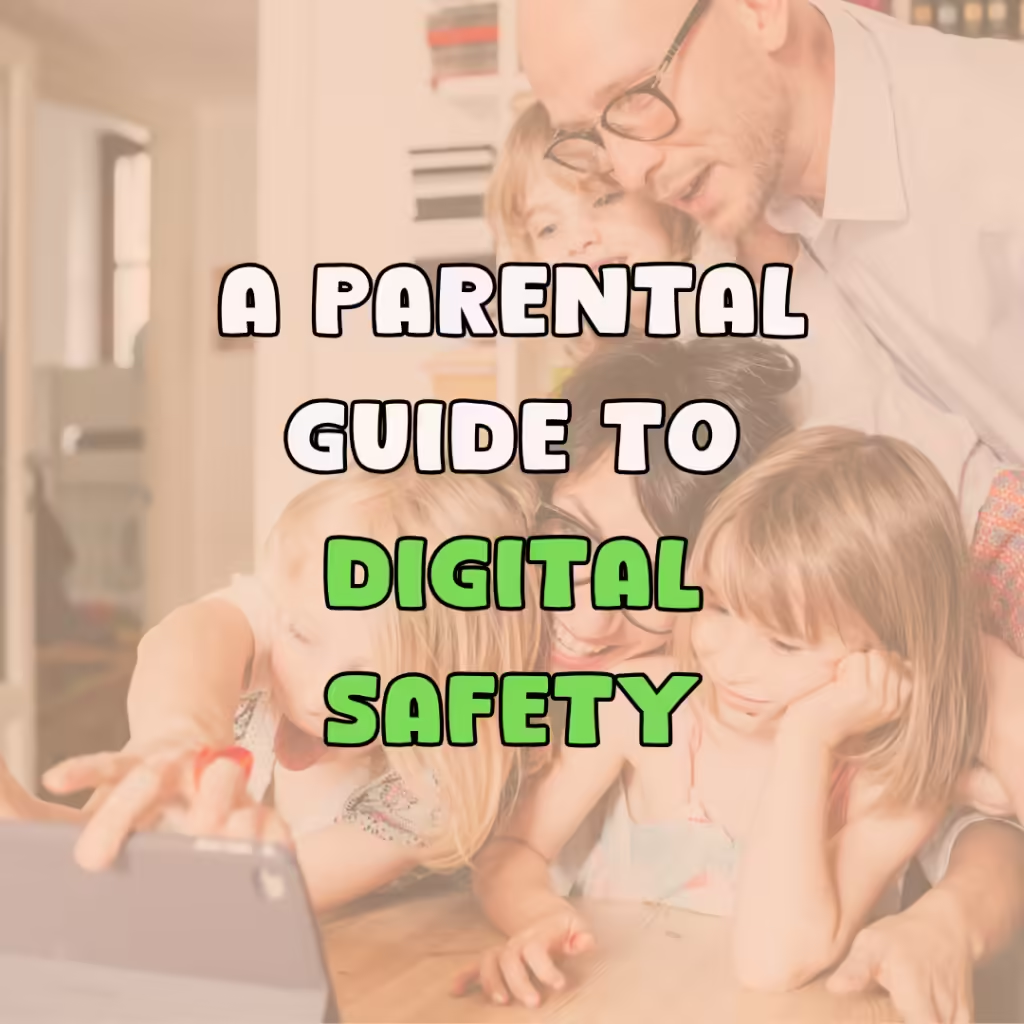What Teachers Wish Parents Knew—#3 Will Change How You See Education Forever

The parent-teacher relationship is one of the most important partnerships in a child’s life. When parents and teachers work together, children thrive academically, socially, and emotionally. But here’s the thing: teachers often wish they could share some honest insights with parents—things that could make this partnership even stronger.
In this article, we’ll reveal 7 things teachers wish parents knew—and trust me, #3 is the game-changer that could transform your approach to parenting and education.
1. Learning Happens Everywhere (Not Just in the Classroom)

Education doesn’t stop when the school bell rings. Children are constantly learning from their surroundings—whether it’s during a math lesson at the grocery store or a science experiment in the backyard. Teachers wish parents realized how powerful these everyday moments can be for reinforcing classroom lessons.
Parenting Tip: The next time your child asks “why” for the 17th time, flip the question back to them: “What do YOU think?” This not only encourages critical thinking but also gives you a moment to catch your breath!
2. Communication is Key (And It Goes Both Ways)

Teachers aren’t mind readers (though some days they wish they were). If your child had a rough morning or is going through a tough time at home, letting their teacher know can make a world of difference. Similarly, teachers want to keep you informed about what’s happening in the classroom—but they need you to meet them halfway.
Reality Check: A quick email like, “Just a heads-up—Aiden had a meltdown over breakfast today” can help teachers understand why your child might be having an off day. It’s all about teamwork!
Research Backing: Teachers and pupils communicating with each other is transactional, where the young pupils learn and explore from teachers showing new types of information, and teachers also find benefit in a mutual bond through communication to their pupils, as followed from a study based in an elementary school at Bitung, Indonesia (Harilama, 2023).
And it doesn’t stop there! Another study revealed that there is a significant need for teacher-parent relationships in determining student success, where effective practices and mutual respect between both parties can eventually lead to positively affecting students’ academic performance and development of social and emotional responses (Russell & Qiu, 2024). Who knew that your quick text to the teacher about your child’s tough morning could have such far-reaching effects?
3. Trust Your Child’s Teacher (This Changes Everything!)
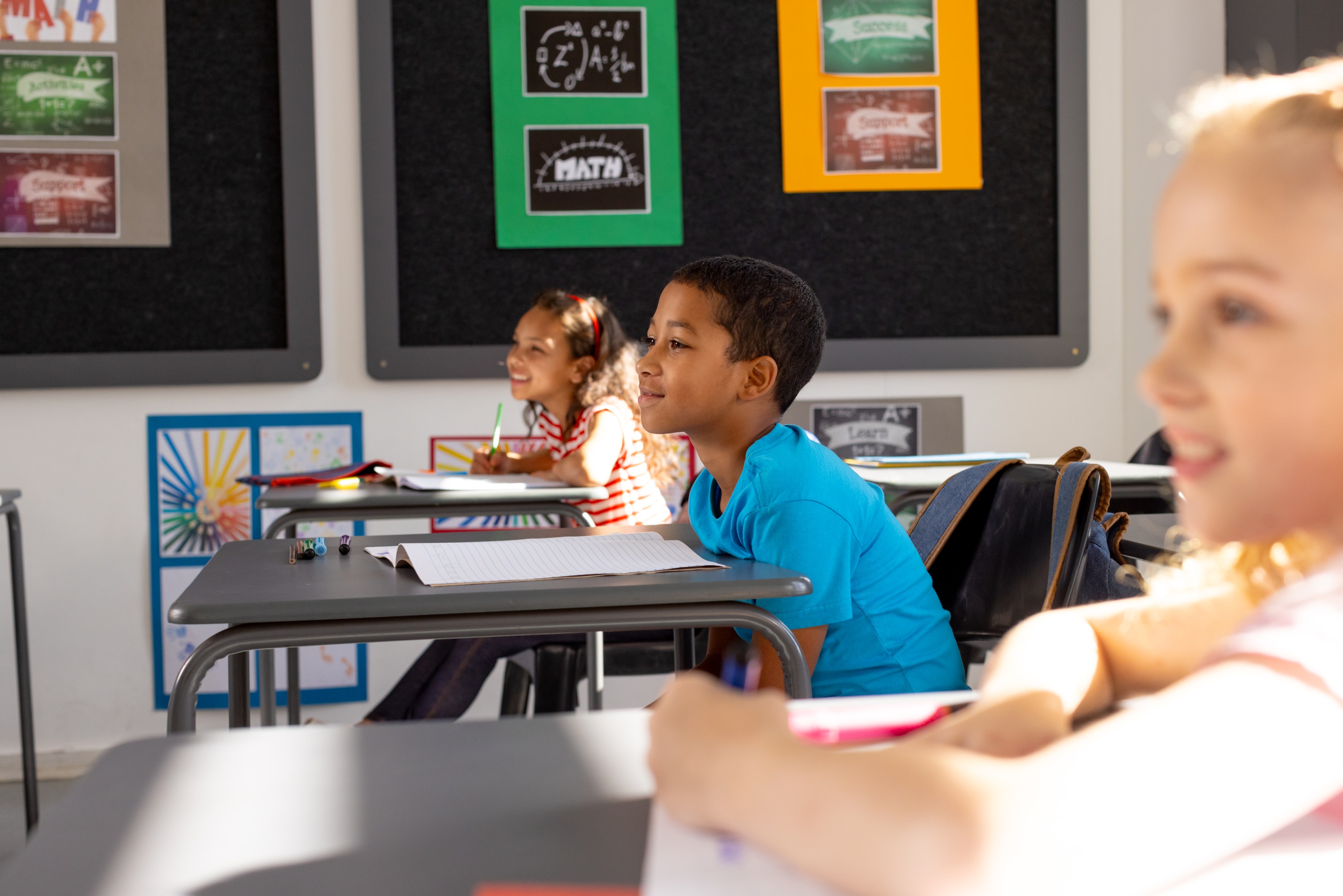
Here’s the big one: trust your child’s teacher. Teachers didn’t choose this career for the glamorous lifestyle or six-figure paychecks—they’re in it because they care deeply about helping children succeed. When parents trust teachers, it creates a positive foundation for collaboration.
Let’s be honest: kids don’t always give an accurate picture of what happens at school. If your child comes home saying, “Ms. Johnson is mean and we never do anything fun,” remember that this is the same kid who once blamed their stuffed animals for rearranging their bookshelf.
Why It Matters: When parents undermine teachers—whether intentionally or unintentionally—kids pick up on it fast. This can erode respect for authority figures and create unnecessary tension in the parent-teacher relationship.
Research Backing: A fascinating study on over 400 classes across more than 110 middle schools in China showed that parent-teacher relationships have a significant effect on children’s probable academic achievements. The main factors? Active contact, overcoming fear of communication, and the willingness to participate in meetings, seminars, etc., to further improve partnership and guide students to better scoring and a healthier state of mind (Fu et al., 2022). And yes, this continues well beyond elementary school!
4. Grades Aren’t Everything (Focus on Growth Instead)
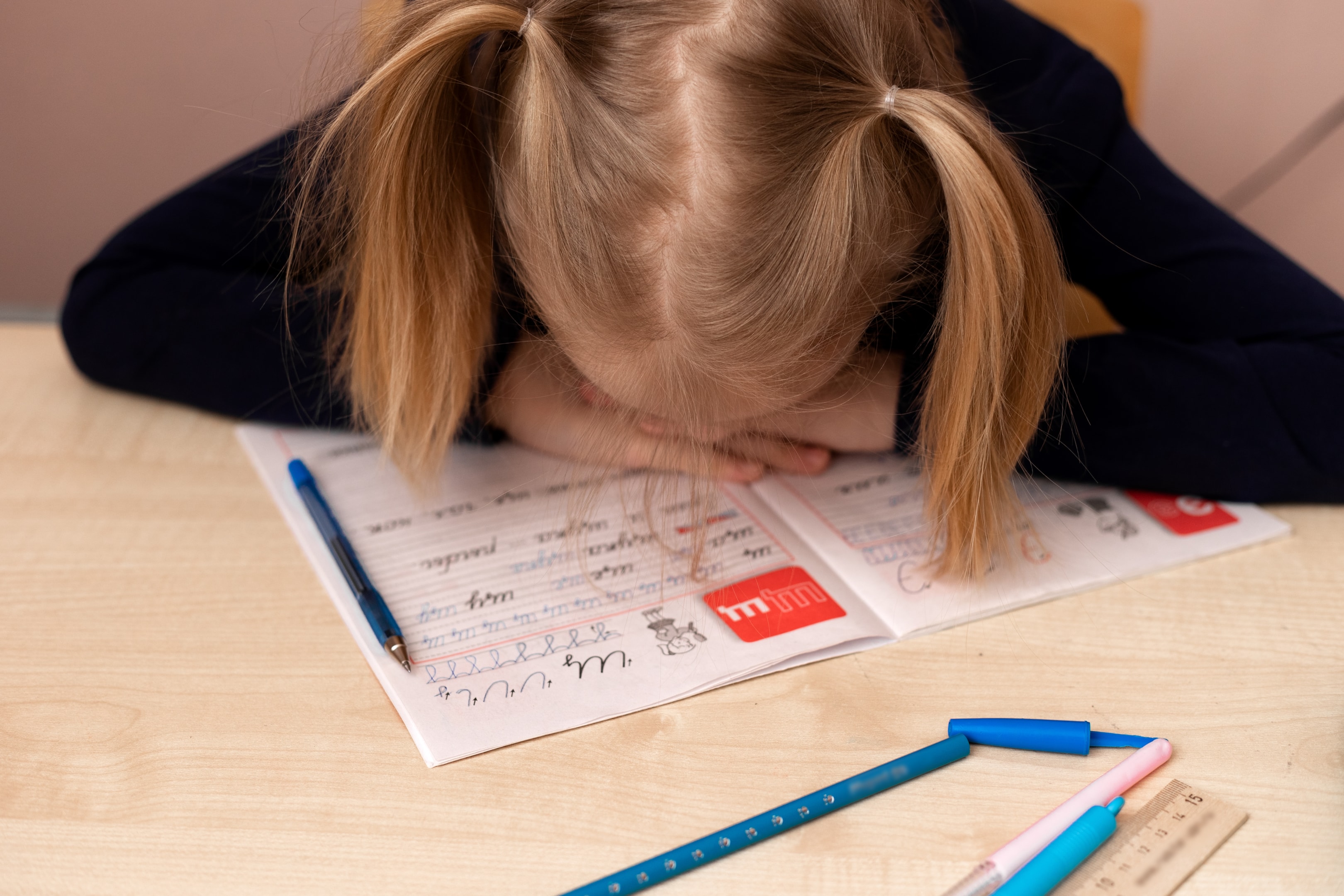
Teachers want parents to know that grades are just one small piece of the puzzle. A C on a spelling test doesn’t mean your child is destined for failure—it’s simply a snapshot of one moment in time.
Sanity Saver: Instead of asking, “Why didn’t you get an A?” try asking, “What did you learn from this assignment?” Shifting the focus from grades to growth helps foster a love of learning and resilience.
5. Independence Is Key (Even If It Means Mismatched Socks)
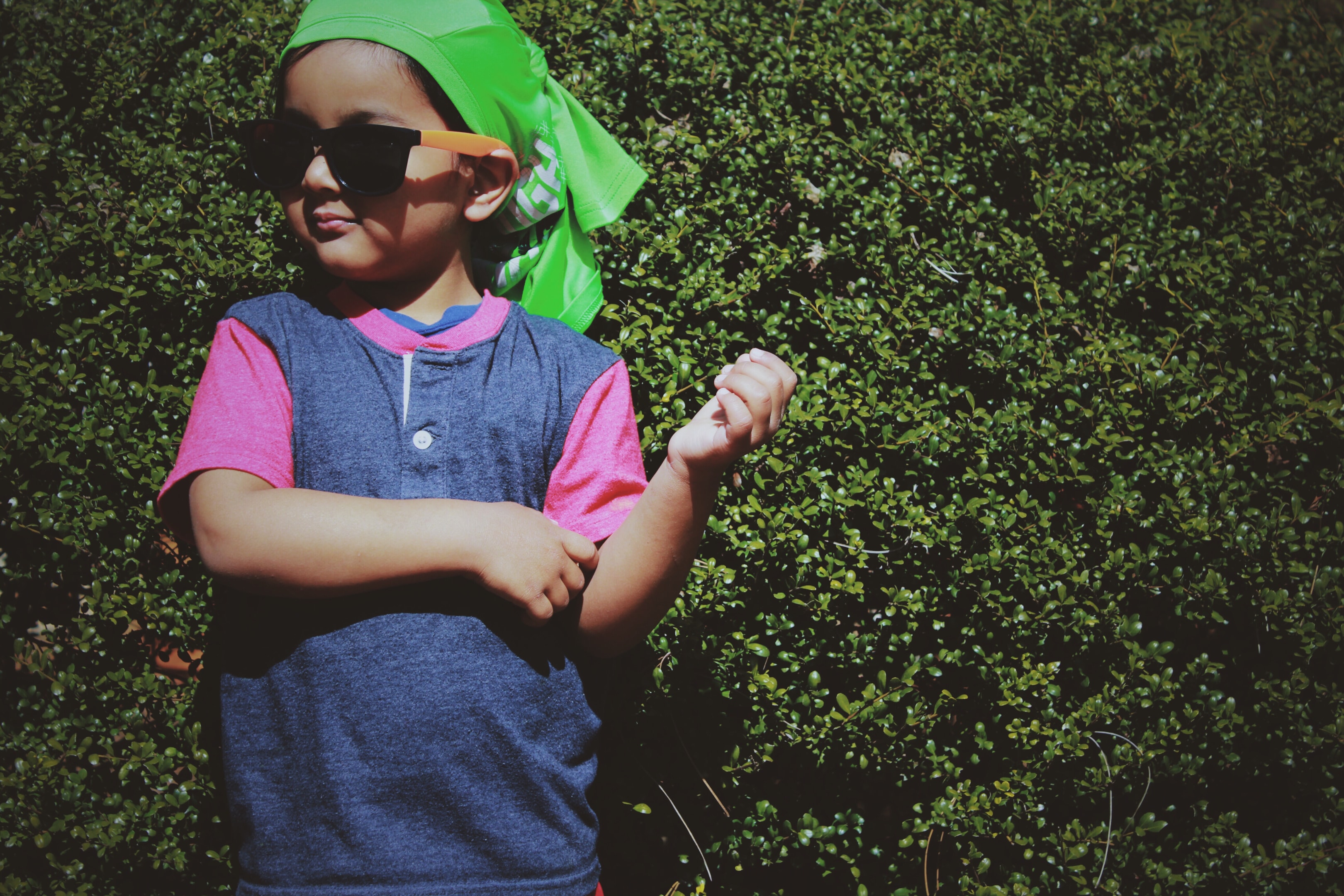
Teachers love seeing children develop independence—it’s a critical skill for success both inside and outside the classroom. Letting kids pack their own backpacks or choose their own outfits (even if it looks like a color wheel exploded) teaches responsibility and decision-making.
Truth Bomb: That perfectly polished homework assignment you “helped” with? Teachers can spot it from a mile away. They’d much rather see authentic work that reflects what your child actually knows.
Research Backing: Before you rush to “fix” your child’s crooked backpack strap or slightly askew hair clip, consider this: A study on children’s independent mobility (CIM) between interviewers and both parents and children found that independence at a young age provides multiple benefits and is highly encouraged when given proper pre-emptive guidance. The research emphasized looking at the positive regarding experiences children have doing things on their own (Riazi et al., 2021). So maybe those mismatched socks are actually a sign of healthy development!
6. A Simple ‘Thank You’ Goes a Long Way

Teaching is one of the most rewarding yet challenging professions out there. Between lesson planning, managing classroom dynamics, and meeting individual student needs, teachers pour their hearts into their work every day. A little appreciation can mean the world to them.
Easy Win: Send a quick email or handwritten note saying, “Thank you for all that you do.” It might just become that teacher’s most cherished keepsake.
7. Screen Time Is Like Sugar (Great in Moderation)

Teachers understand that screen time can sometimes feel like a necessary evil—it keeps kids entertained while you get dinner on the table or finish up work emails. But too much screen time can impact attention spans, sleep patterns, and social skills.
Keeping It Real: You don’t have to ban screens altogether (let’s be honest—that’s not realistic). Instead, aim for balance by encouraging activities like reading, outdoor play, or creative hobbies alongside digital entertainment.
The Bottom Line: Trust Is Everything
When parents and teachers work together as partners, children reap the benefits in every aspect of their lives. But it all starts with trust (#3!). By trusting your child’s teacher and fostering open communication, you’re creating an environment where your child feels supported both at school and at home.
Research Backing: Need more proof? A study testing the partnerships between teachers and parents through their participation with students in conjoint behavioral consultation (CBC) showed remarkable results. When teachers and parents worked together to address aspects where young students underperformed and created plans to support these students’ scholarly goals, the results were impressive: an increase in students’ adaptive behaviors, a decrease in problem behaviors, and the gained benefit of better competency and overall positive support towards young students (Angell et al., 2011). So that parent-teacher conference you’ve been dreading? It might just be the key to unlocking your child’s potential!
So the next time your child declares “we never do anything fun in class,” take a moment before jumping to conclusions. Maybe send an email to clarify—or better yet, ask your child some follow-up questions to dig deeper into what they really mean.
And now… who else needs to check their kid’s backpack for last week’s uneaten sandwich? The archaeological dig awaits!
Parent-Teacher Q&A: What You Really Want to Know
Q: How can parents effectively support their child’s learning at home?

A: Creating a consistent homework space free from cell phone distractions is essential for your child’s learning. Ask specific questions about what they learned instead of the generic “How was school today?” Connect everyday experiences to school concepts—cooking involves math, gardening teaches science, and family trips become geography lessons. The goal is showing your child that learning extends beyond school walls and lasts many years beyond kindergarten. When you talk about topics with genuine curiosity, you help build their lifelong love of learning, even on bad days when everyone needs a little extra rest.
Q: What should parents do if their child is struggling academically?
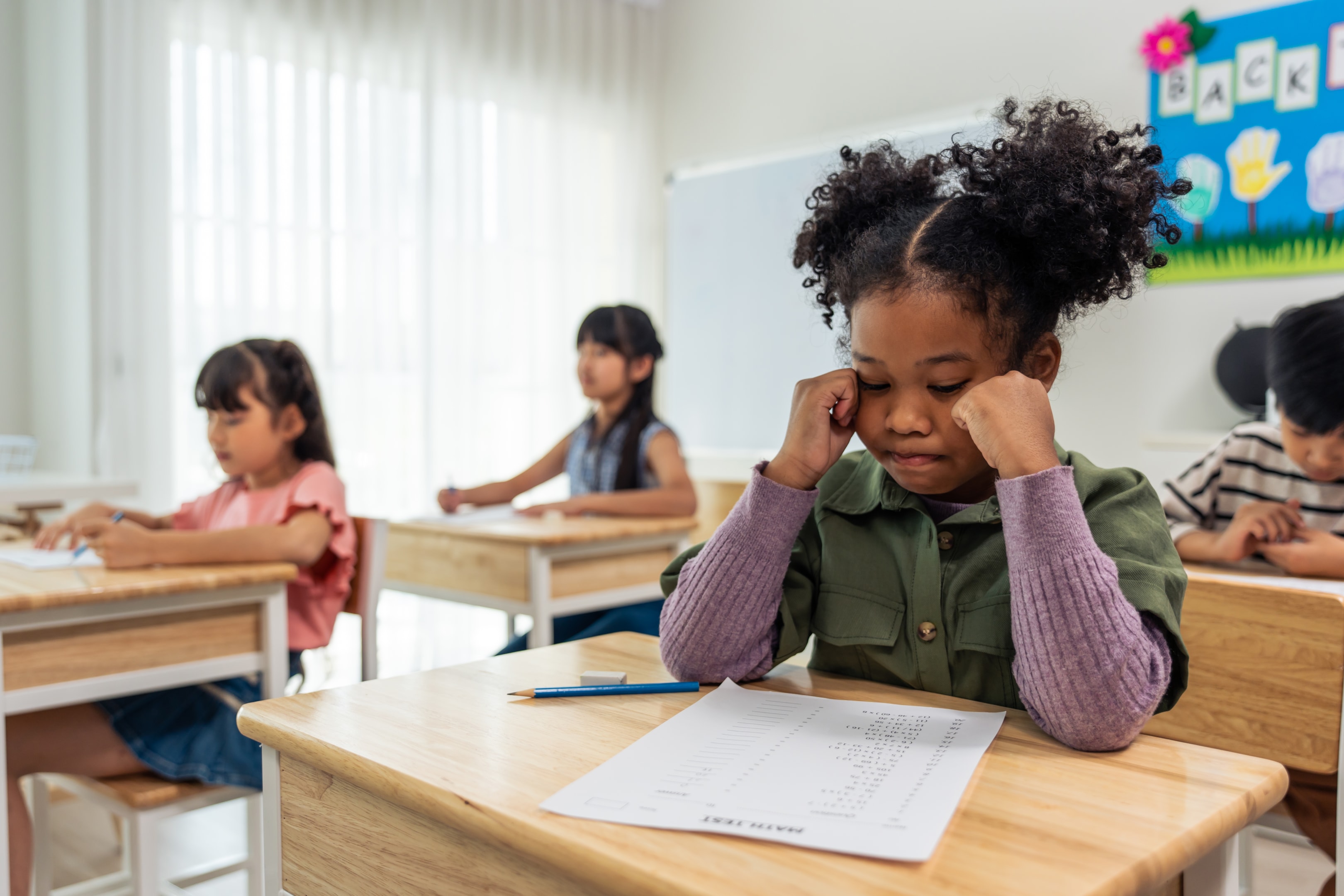
A: First, reach out to the teacher—amazing teachers want to discuss concerns and create solutions that work for your unique child. Consider whether there might be underlying issues affecting performance: Is your child getting enough sleep? Are there friendship problems? Sometimes what looks like an academic issue is actually rooted in something entirely different. Most importantly, watch your language around these struggles. Instead of “Why can’t you get this?” try “Let’s figure this out together.” This approach can significantly impact your child’s self-esteem and willingness to persevere through hard work when facing challenges.
Q: How can parents improve communication with their child’s teacher?

A: Attend school community events when possible—not just parent-teacher conferences. These informal settings often create opportunities for more relaxed conversations about your child’s progress. Don’t assume teachers can read minds (though many seem to have developed this superpower over the years). Be direct about your communication preferences. Let teachers know about significant changes at home that might affect your child, but also respect that teachers, like all adults, have lives outside of school. Remember that a quick “thank you” note acknowledging their hard work goes a remarkably long way in a profession where people rarely hear when they’re doing well.
Q: What role should parents play in their child’s homework?

A: Your role is guide, not ghostwriter. When your child brings home that science project, resist the urge to create a museum-worthy masterpiece. The teacher wants to see your child’s work—mistakes and all. For younger children, sitting nearby while they work provides security. For older children and college students, being available for questions while giving space encourages responsibility. The real goal of homework isn’t just academic reinforcement—it’s teaching time management and perseverance. So when your child forgets their assignment until 9 PM the night before it’s due, fighting the urge to solve the problem for them (despite your incredible mom or dad superpowers) might be the most valuable lesson.
Q: What are the best ways to encourage a love of learning in children?

A: Model curiosity yourself! If you want your kids to love learning, let them catch you in the act of learning something new. Read books, take up hobbies, and discuss interesting ideas at dinner. Celebrate effort over perfection. When your child shows persistence in figuring something out—whether it’s building a Lego set or writing a story—praise the process. Connect learning to their interests. Does your daughter love dinosaurs? There’s math, science, history, and art in that passion. Does your son spend hours creating fantasy worlds with his sisters? There’s storytelling, geography, and social studies. Instead of asking “What do you want to be when you grow up?” try asking “What makes you curious?” It shifts the focus from a distant future to the present joy of discovery.
Q: How do teachers personalize learning for individual students?
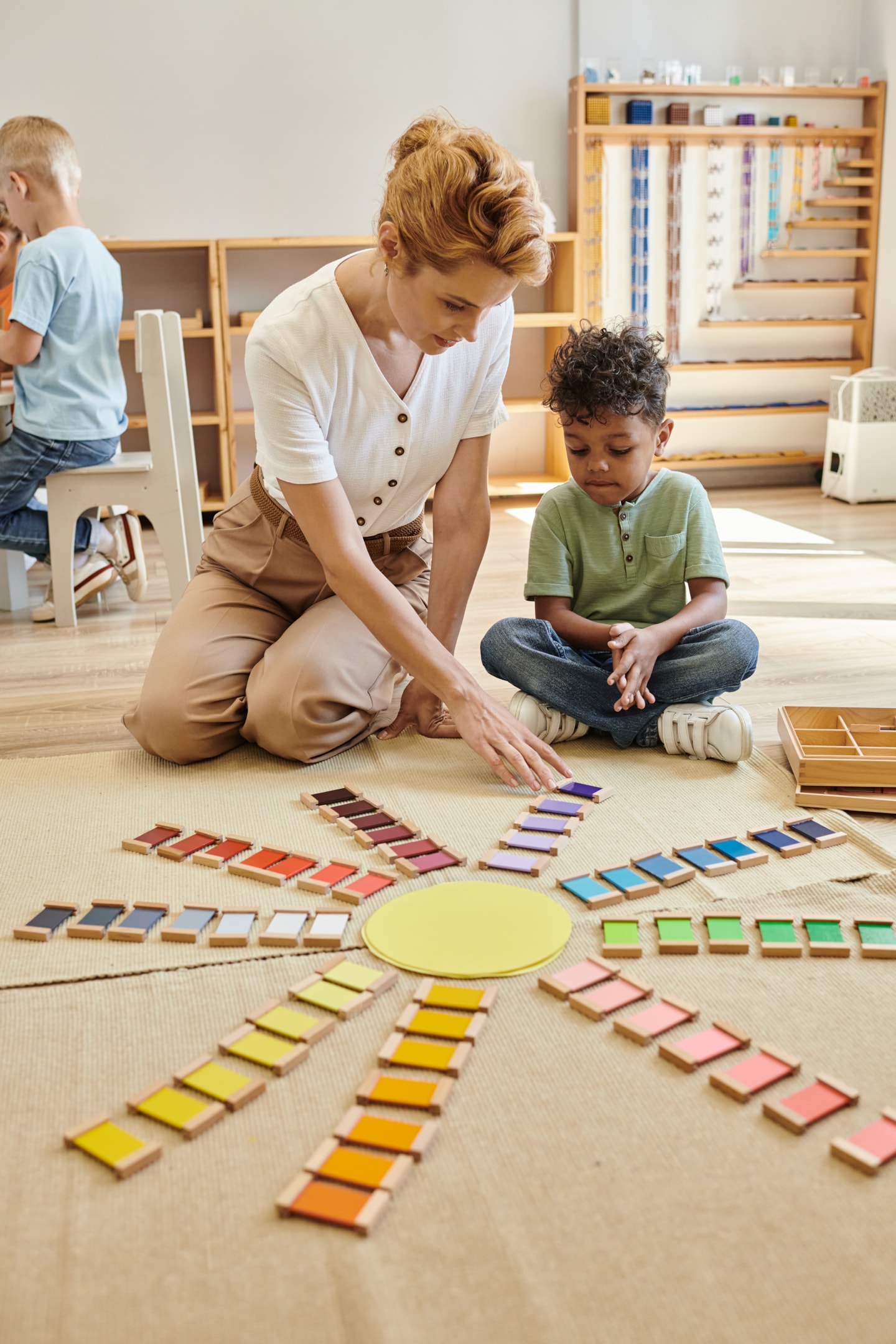
A: High school teachers use various approaches, from different teaching methods (visual, auditory, kinesthetic) to flexible grouping to technology tools that adapt to individual learning paces. Many teachers spend countless hours analyzing assessments to understand where each child needs support or challenge. Great teachers notice patterns—they see that maybe your son understands the concept but struggles with showing his work, or that your daughter grasps ideas quickly but needs help with organization. The personalization process isn’t perfect—teachers are human with limited time and resources—but behind the scenes, there’s often far more intentional adaptation happening than parents realize.
Q: How can parents and teachers build a stronger partnership?

A: Start with mutual respect. Assume teachers are competent professionals who have your child’s best interests at heart. Likewise, good teachers recognize that you know your child better than anyone else and value your insights. Don’t be the person who criticizes without offering solutions. Be transparent about your family situation—whether you’re co-parenting after a divorce or have grandparents heavily involved in caregiving. Get involved in ways that work for your schedule. Not every parent can volunteer during school hours, but there are many ways to support the school community. The strongest partnerships happen when both parties recognize they’re working toward the same goal: helping children become well-rounded individuals prepared for whatever path they choose.
Q: What are the most important skills children should develop by the end of the academic year?

A: While academic benchmarks matter, the most critical skills often aren’t measured on standardized tests. By year’s end, children should show growth in self-regulation (managing emotions appropriately for their age), problem-solving (approaching challenges with strategies rather than frustration), communication (expressing needs and ideas effectively), collaboration (working with others, even those with different perspectives), resilience (bouncing back from setbacks and learning from mistakes), curiosity (asking questions), and responsibility (taking ownership of actions). A child who masters these skills will be equipped to tackle whatever academic challenges come next, whether they’re in kindergarten or preparing for college in the future.
Q: How do teachers measure academic progress, and how can parents understand it better?
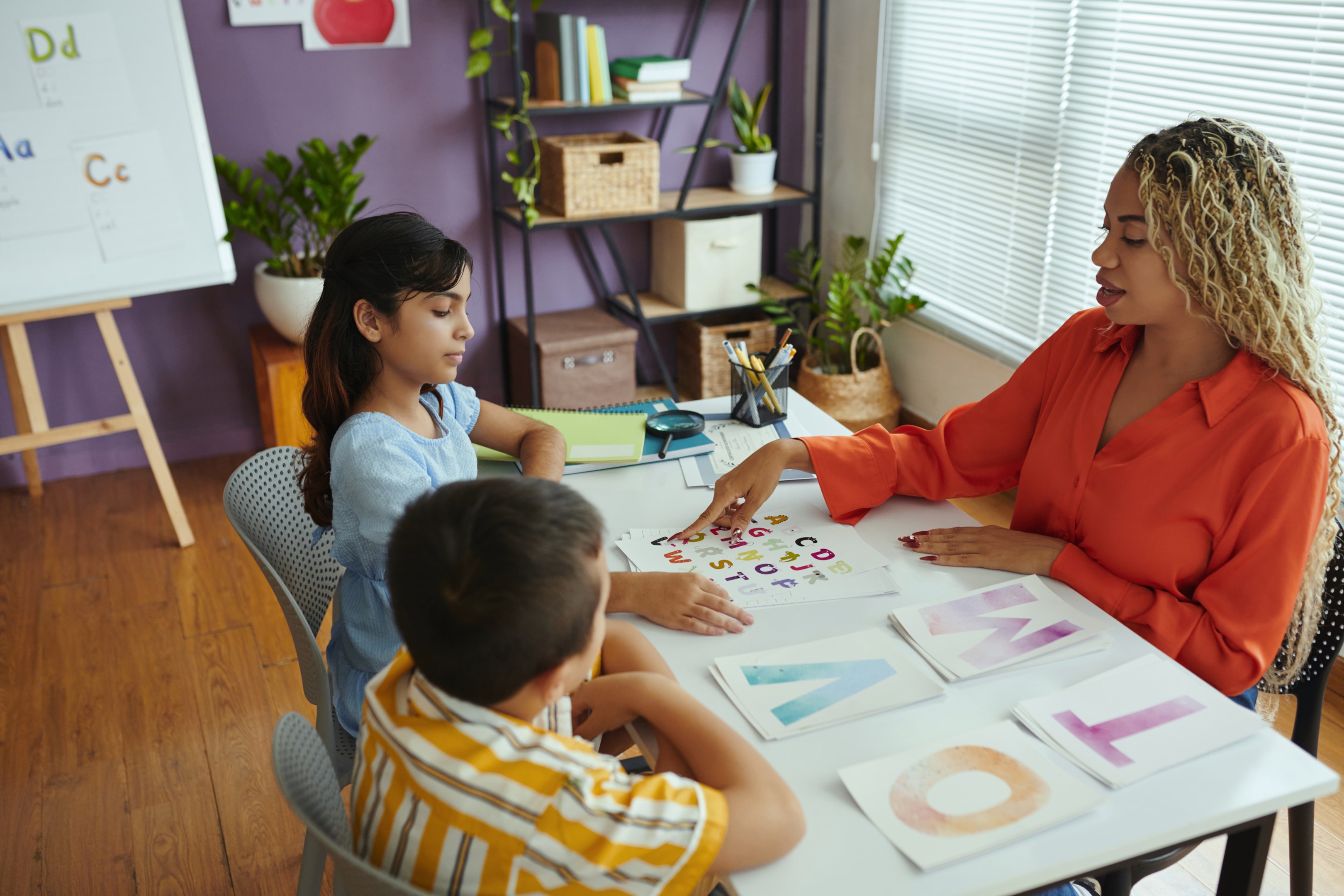
A: Teachers use formal measures (tests, quizzes, projects) alongside informal observations (class discussions, one-on-one conversations, daily work). They’re looking at growth over time, not just performance on a single test. When discussing your child’s progress, ask questions like: “Where has my child shown the most improvement?” or “What patterns do you notice in their learning?” rather than focusing solely on grades or peer comparisons. Remember that standardized tests are just one data point and don’t tell the whole story of your child’s educational journey.
Q: What are some effective ways to handle behavioral challenges at school and home?
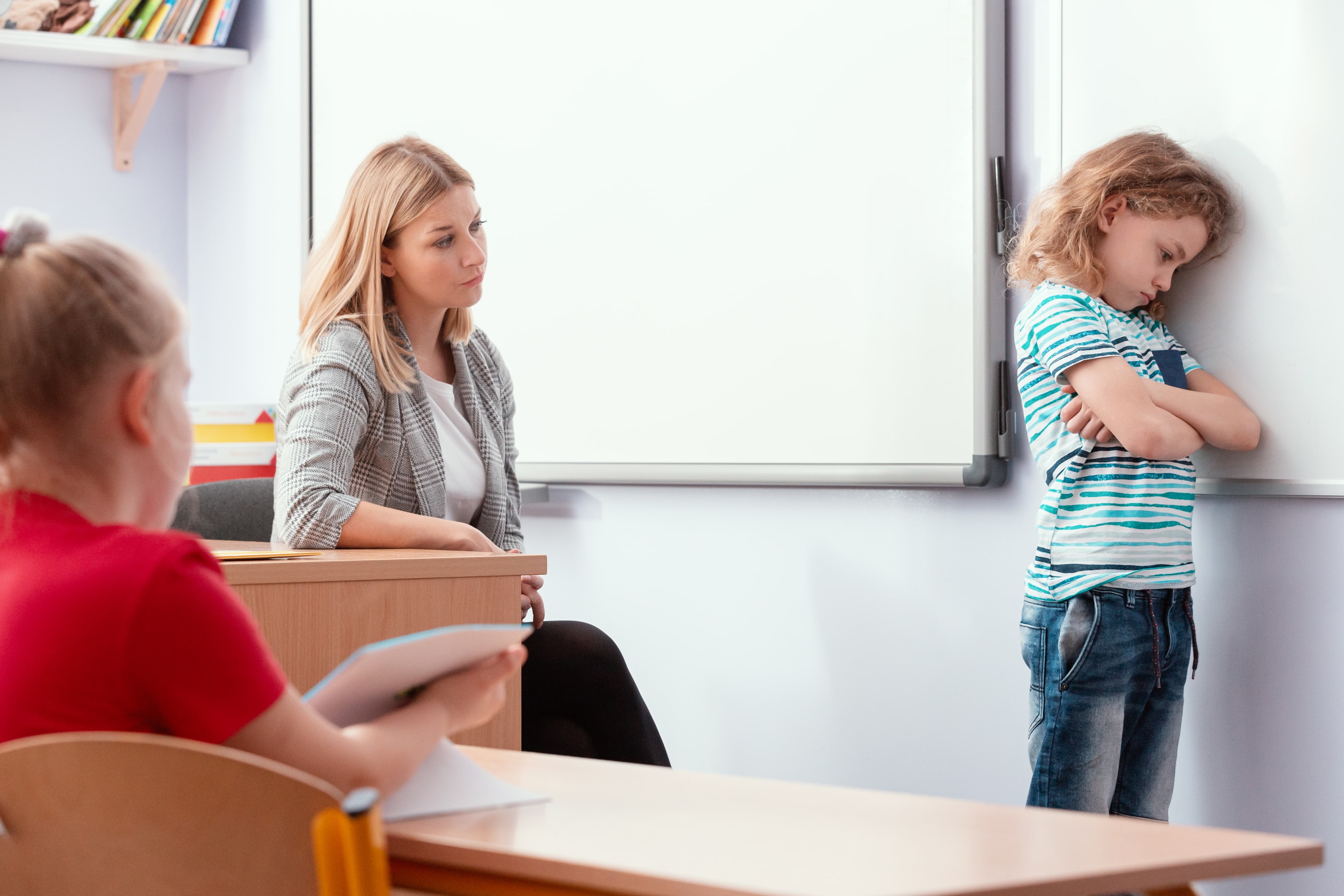
A: Consistency is key. When parents and teachers use similar approaches to address behavior, children learn expectations more quickly. Start by identifying patterns—does your child act out when tired? Overwhelmed? Seeking attention? Understanding the why behind behavior helps create effective solutions. Focus on teaching rather than punishing. Instead of just saying “Stop that!” explain what the child should do instead: “Instead of pushing when you’re angry, use your words to tell your friends how you feel.”
Remember that all children make mistakes as they learn to navigate social situations and academic challenges. Our job as adults is to help them learn from those mistakes rather than making them feel wrong as a person. The most effective approach is a partnership—teachers and parents working together to reinforce positive behavior and provide consistent guidance when children struggle. With open communication and mutual respect, even the most challenging behaviors can become opportunities for growth.
A huge thanks to Jefferson for your stellar research that elevated this article! Your academic insights gave our parenting advice the credibility it deserves. We’re lucky to have you!
References
Angell, S. R., Witte, A. l., & Sheridan, S. M. (2011). Teachers and Parents as Partners: A Summary of Two Randomized Controlled Trials. University of Nebraska–Lincoln. https://cyfs.unl.edu/TAPP/assets/downloads/randomized-controlled-trials/TAPP-RCT-Findings.pdf
Fu, W., Pan, Q., Yuan, Y., & Chen, G. (2022). Longitudinal impact of parent-teacher relationship on middle school students’ academic achievements in China. Frontiers in Psychology, 13. https://doi.org/10.3389/fpsyg.2022.872301
Harilama, S. H. (2023). Teacher communication patterns in the teaching and learning process of elementary school students. Journal La Edusci, 3(5), 190–196. https://doi.org/10.37899/journallaedusci.v3i5.859
Riazi, N. A., Brussoni, M., Vertinsky, P., & Faulkner, G. (2021). “Well, you feel more responsible when you’re unsupervised”: Exploring family perspectives on Children’s Independent Mobility. Children, 8(3), 225. https://doi.org/10.3390/children8030225
Russell, W., & Qiu, H. (2024). The Dynamics of Parent-Teacher Relationships and Their Impact on Student Success. Iranian Journal of Educational Sociology, 7(1), 212-218. http://dx.doi.org/10.61838/kman.ijes.7.1.21


